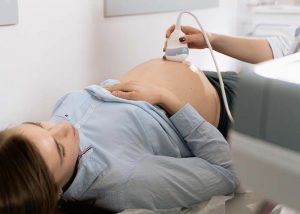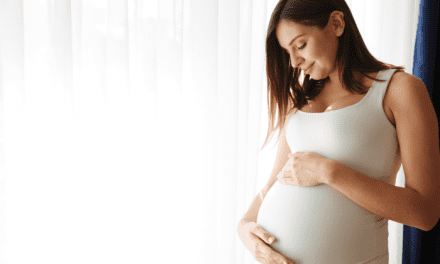Third-trimester preparation is a must as you lead up to your delivery date. Furthermore, you should eat a healthy diet and drink plenty of water. Likewise, you should spoil yourself with a treat, even if it’s lazy with a film or book, and don’t feel guilty as this is your special, ‘you’ time, as you’ll be very busy when your newborn arrives. In addition, professional support shall closely monitor you until your delivery day approaches. A postpartum plan is essential, and your support team will advise and help you set up the best plan for you.
What Should You Include In A Postpartum Plan?
A postpartum plan is a set of preferences for the early weeks and months after your baby arrives. It will usually include decisions like parental leave, feeding, sleep, household chores, self-care, and any mental health concerns.
Handy Tips For Your Third-Trimester Preparation
Likewise, it’s essential to prepare before doing batch cooking to freeze, as you’ll be too tired to cook. Make your life as easy as possible and rest in between as much as possible. Accept any help with daily chores and de-clutter the house as much as possible, as once the baby arrives, you’ll have a lot of extra baby gear. Importantly, make sure you plan a few days out to spoil yourself, as this is vital for your well-being. A Spa Day with a friend is a perfect way of relaxing. Attending mother and baby classes are also helpful and especially good for forming friendships ahead of your baby’s birth.
Pack Your Baby Bag
Your third-trimester preparation is incomplete without having your hospital bag ready. Ideally, you should have two, one for you and one for the baby. Your baby may decide to arrive early, so you need to be organized. You’ll be excitedly counting the days, checking everything is ready in the nursery, and checking your hospital bag. The postnatal recovery checklist and postpartum care kit checklist should contain:
- Nursing bras and breast pads
- Nipple cream and nipple shields
- Maternity pads and cotton pants
- A perineal spray and bottle
- Bath herbs, Epsom salts, and lavender oil
The Time It Takes To Recover From Childbirth
Your postpartum recovery won’t be just a few days, as fully recovering from pregnancy and childbirth shall take months. Many women feel mostly recovered by 6-8 weeks, as their uterus heals and returns to its usual shape and size. Likewise, it may take longer than this to feel like yourself again. During this time, you may feel your body has turned against you, and you’ll feel tired, but accept all the help you can and make sure you rest.
Remember To Get Your Check-Ups
Keep your doctor appointments. These are essential since they help ensure that everything is healing as expected. Your clinician can also check in with you emotionally and, if necessary, suggest how to get help to adjust to being a new mother. If you had a C-section, be sure you are in sync with your gynae regarding your appointment to remove your stitches. And in addition, you should let your doctor know if you have any symptoms that concern you, such as fever, pain, or tenderness around an incision.
Eat A Healthy Diet
It is an essential part of your third trimester preparation, and it will help ease tiredness and fight constipation. Just as you did during pregnancy, ideally, you should aim to eat five smaller meals throughout the day instead of three larger ones. Eat complex carbs and protein for energy, plus plenty of fiber found in fruits, vegetables, and whole grains to help prevent hemorrhoids. For example, eating whole-wheat toast with peanut butter, hummus, or yogurt with a handful of berries will help. In addition, you should drink at least eight glasses of water every day. And try to skip alcohol and caffeine, which can affect your moods and make it even more challenging to sleep than it already is!
Exercise As Much As You Can

During your third trimester, ensure to go for regular checkups.
Another part of the postpartum plan is exercise. It’s not easy if you’ve had a C-section but talk to your doctor about when and how you can exercise; you may be able to do more than you think. No matter how you deliver, start by taking very short walks. Enjoy a stroll around your garden or park and, eventually, around the neighborhood with your newborn in the stroller. Regular walking is known to help with gastric issues. You will also feel relieved if you are facing constipation issues. In both cases, walking will speed recovery as it boosts circulation and muscle tone. The added benefit is that it boosts your mood to be out in the fresh air.






